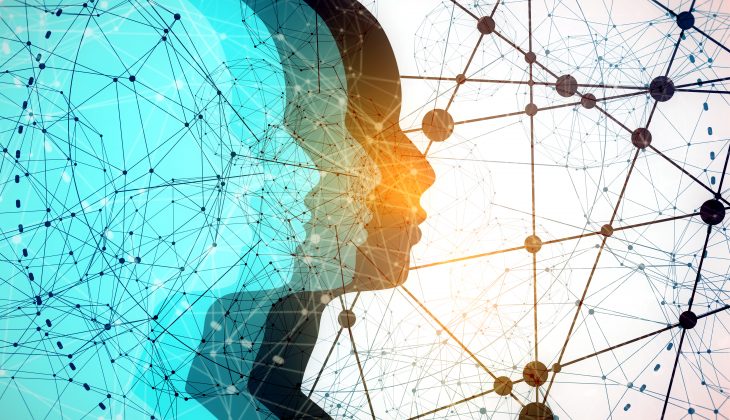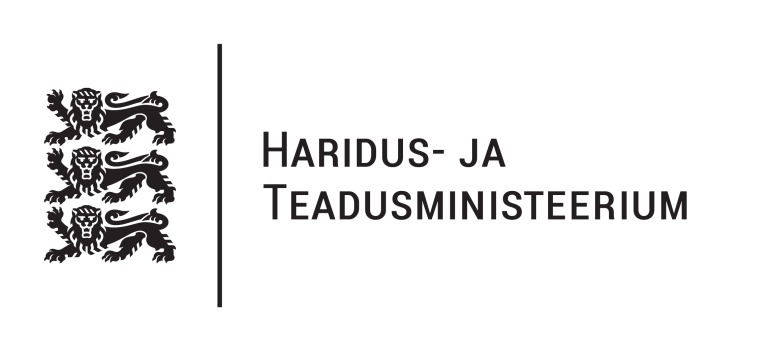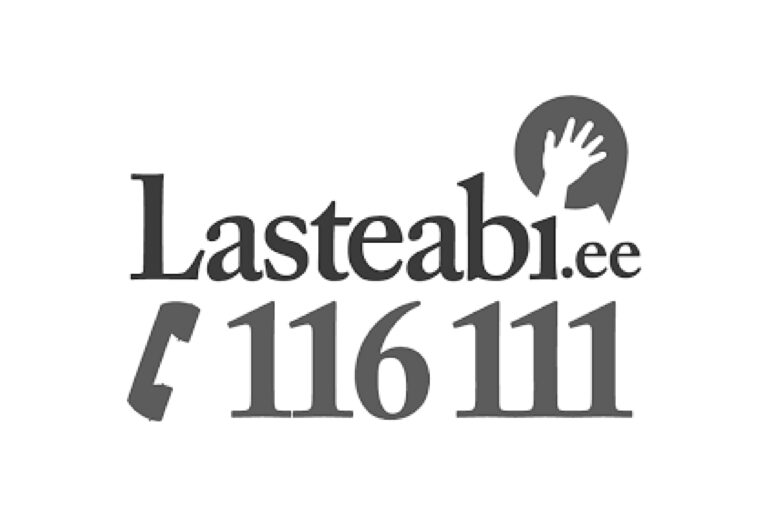Around half of young people do not feel their best under the current circumstances. Signs of anxiety and depression are the most common, but exhaustion, sleeping difficulties, eating disorders, and signs of attention deficit hyperactivity disorder (ADHD) are also common. It is important to know that there is help available for all of these conditions. You can do a lot on your own and with the help of others to support yourself.
Anxiety often occurs during times of change
Changes and uncertainty in our daily lives can cause anxiety. How is learning going to be organised? Do I have to go to school or use a computer at home? Can I still participate in extracurricular activities? When will I be able to meet my friends? Why are my parents so worried? Anxiety is our body’s response to a real or perceived threat. Currently, with the spread of the virus, there is real immediate threat, but we can also imagine possible future threats. Symptoms of anxiety include muscle tension, nausea, headaches, and stomach aches. Other signs of anxiety include worrying, being easily startled and having trouble concentrating. You can also experience anxiety at night when your thoughts are racing or in the morning when you wake up almost as tired as you were in the evening.
Anxiety may centre around a certain situation, e.g. health and anxiety attacks, or a certain object or activity, e.g. dogs or public performances. Some people may experience free-floating anxiety which is worry or fear that cannot be tied to any particular issue.
A small amount of anxiety can motivate us to take action, as many of us have probably experienced. At the same time, if anxiety causes us to miss out on important opportunities in life, we should eliminate the anxiety that is holding us back, not the supportive relationships or beneficial activities.
How to spot depression?
One of the most common mental illnesses is depression, which is not just characterised by bad mood, but also a vicious cycle of negative thoughts and feelings lasting for several weeks.
A person suffering from depression is rather passive and they have a hard time doing all the things they did before. They may become isolated and refrain from positive social interactions and are likely to be less physically active. In the case of severe depression, the person does not get enough energy from either food or sleep. There is a clear inverse correlation between their self-capacity and self-esteem: when they accomplish less, they receive less recognition from themselves and others. Generally, you do not praise yourself or others for doing nothing. As a result, people suffering from depression have low self-esteem and need some uplifting.
The vicious cycle of depression involves negative thoughts about oneself, others and the whole world. Self-blame, feelings of inadequacy, self-doubt, and worthlessness are common symptoms of depression. Feelings of sadness or sometimes anger and numbness set the tone of their daily life. Depressed people spend a lot of time thinking about previous negative experiences and often feel anxious or worried about the future. They perceive the future as gloomy and hopeless, with nothing positive in store for them. Healthy people generally hope that in the future things will get better and they almost always find something positive to look forward to. However, people suffering from depression have a difficult time viewing the future from such a hopeful perspective. The feeling of hopelessness is thus one of the most dangerous feelings. Loneliness is one of the main emotions characteristic of depression.
It is important to try and do something to support yourself – for example, with the help of so-called mental health vitamins. Share your troubles with friends or a trusted adult. Eat healthily even if you have no appetite. Do some physical activities that you find satisfying and doable for about an hour each day. Find something that lifts your mood or calms you down. Dedicate some time specifically for rest. Stay connected with the people who have a positive effect on you.
If you have a problem, tell someone you trust. If you need advice, you can call the Child Helpline on 116 111 (EE, RU, ET) or the school psychologists’ helpline on 1226 (EE), 1227 (RU).
Prepared by the youth information portal Teeviit on the basis of MTÜ Peaasjad www.peaasi.ee.
The MTÜ Peaasjad promotes mental health, deals with problem prevention, early intervention and stigma reduction in our society.
Published in the youth information portal Teeviit in 2021.







